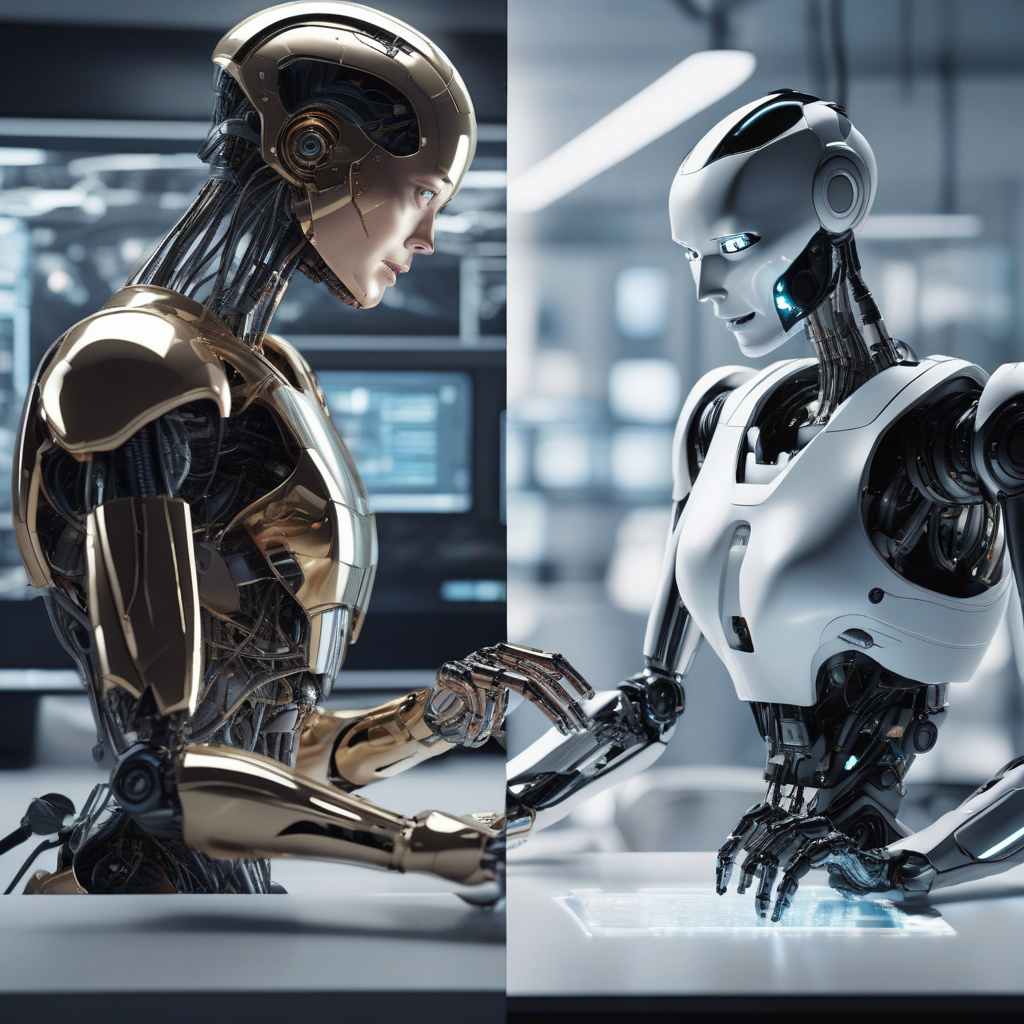In the ongoing debate between AI and copyright, the battle lines are drawn, and the stakes are high. OpenAI and other tech giants argue that AI’s progress hinges on the ability to freely use copyrighted content under the guise of fair use. They claim that without this freedom, innovation will be stifled, and the potential for cutting-edge AI development will be hampered. However, this argument neglects the fundamental rights of creators to be compensated for their work.
While AI companies advocate for unrestricted access to creative works, they conveniently sidestep the issue of fair compensation. The median pay for writers, artists, and musicians remains modest, with many struggling to make ends meet. Despite this, AI firms continue to exploit their work without offering adequate remuneration, all in the name of technological advancement.
Thankfully, some entities are championing the cause of creators’ rights. Publishing companies, nonprofit organizations, and even parts of the US government are pushing back against the unchecked use of copyrighted material by AI companies. Legal battles, such as Thomson Reuters v. ROSS Intelligence, are shedding light on the infringement issues surrounding AI training data and the potential harm it poses to original creators.
As the legal landscape evolves, the intricate dance between AI and copyright law will undoubtedly continue. Court rulings and regulatory frameworks will shape the future of this complex relationship. Ideally, these developments will lead to a fairer system where AI can thrive while respecting the intellectual property rights of creators.
Ultimately, the outcome of these debates will determine the course of innovation and creativity in the digital age. If we fail to strike a balance between technological progress and artistic integrity, we risk diluting the essence of true creativity. As science fiction writer Neal Stephenson poignantly observes, we may be headed towards a future where dependence on AI undermines genuine learning and independent thought.
In this intricate web of AI and copyright, the need for a harmonious coexistence between innovation and creativity remains paramount. As we navigate these uncharted waters, let us remember the invaluable contributions of creators and strive to uphold their rights in the face of technological advancements.

